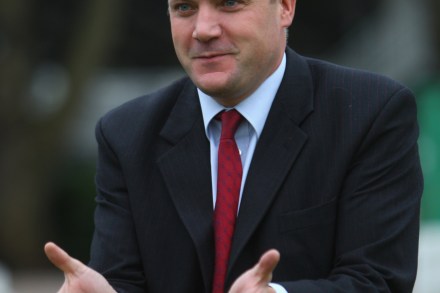Ed Miliband pitches for social responsibility
Reading Ed Miliband’s piece in today’s Times on how Labour can win back southern voters, I was struck by this section: ‘We need to be clear that part of the job of social democratic politics is to conserve those things in society that free-market Conservatism would destroy. Our communities are too precious to be dictated to by markets. Take the example of how our towns have changed. If you travel through the market towns of the South, too often you find them dominated by late-night bars, clubs and betting shops, even when local people want a more friendly place to live.’ Ed Miliband has made this kind of argument before,




















